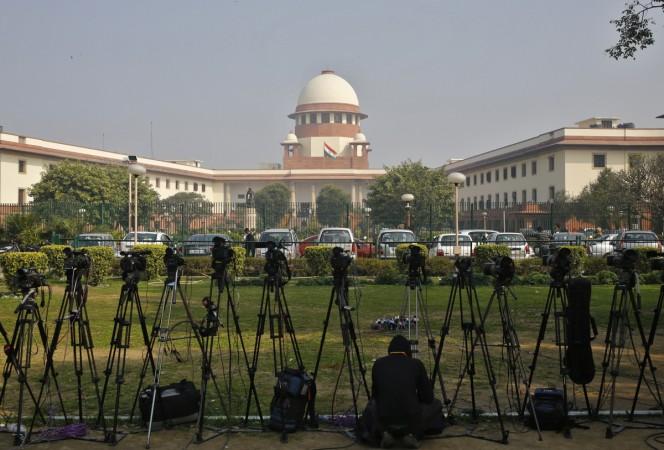
The movie Pink has been in the limelight not just for its strong story, but also for the fact that it deals with sexual harassment and rape. In India, there are numerous legal rights that have been designed to protect a woman. Every woman should be aware of these rights so that they can take action or help someone else if the need ever arises. There are 10 legal rights which pertain to rape, molestation and sexual harassment that you should be aware of.
Right to Zero FIR
Under Zero FIR, any woman who has been molested or raped can file a police complaint in any police station in the city. Usually police stations do not register complaints if the crime does not occur in their jurisdiction. However, the Zero FIR rule allows for an FIR to be filed in any police station in the city. Once an FIR is filed, the senior officers will direct the SHO to lodge an FIR in the relevant police station.
Right to privacy
Under section 164 of the Criminal Procedure Code, a woman can record her statement in private if she has been raped. She would record the statement only in front of the magistrate. She can also record her statement in person with a lady constable or police officer.
Right to free legal aid
A woman who walks into the police station has a right to ask for free legal aid. Often there are cases where a woman is misquoted or humiliated and this law has been brought in to ensure she gets proper justice.
Right to virtual complaints
A victim, who is unable to go to the police station, can also register a police complaint by e-mail or registered post. This should be addressed to the senior police officer or Deputy Commissioner or Commissioner of Police. Once they receive the letter, they will ask the SHO of the police station where the incident occurred to investigate and file an FIR. A victim can then give her statement even at her home to the police.
Right to untimely registration
A victim might go to the police station immediately to file a complaint. Police have no right to say that the complaint is not timely and reject it. The woman is allowed to file a complaint even at a later date as her self-respect is important above all.
Right to no arrest
The Supreme Court has ruled that no woman can be arrested before sunrise or after sunset. A woman can exercise this right even if a woman police constable is present at night. If the police deems it important to arrest a woman at night, they need to have a letter from the magistrate explaining why the arrest is necessary.
Right to confidentiality
The law states that the identity of a rape victim cannot be revealed. According to Section 228-A of the Indian Penal Code, the disclosure of a victim's identity is a punishable offense. The victim's name cannot be printed or published nor can anything else that will reveal her identity. The law is in place to ensure that she is not ostracised or victimised because of the sexual crime committed. In the judgement also she is only referred to as the 'victim' and not by name.
Right to not being interrogated in the police station
Under Section 160 of the Criminal Procedure Code, a woman cannot be called for interrogation to the police station. She can be questioned at her home in the presence of a woman constable and her family or friends.
No sexual harassment
By law, every employer in India has to have a Sexual Harassment Complaints Committee in the organisation (private or public). The Supreme Court has issued guidelines on how to set up these committees. The committee is to comprise of 50 percent women and one member should be part of a women's welfare group.
Rape is a crime
Section 164 A of the Criminal Procedure Code states that a victim of rape has to undergo a medical examination and the report thereby becomes proof. A victim can ask for the copy of her report. Rape is considered a crime and not a medical condition and thus the medical officer examining her cannot make a diagnosis. The medical officer can state if there has been any sexual activity. He or she cannot decide if rape had taken place or not.















